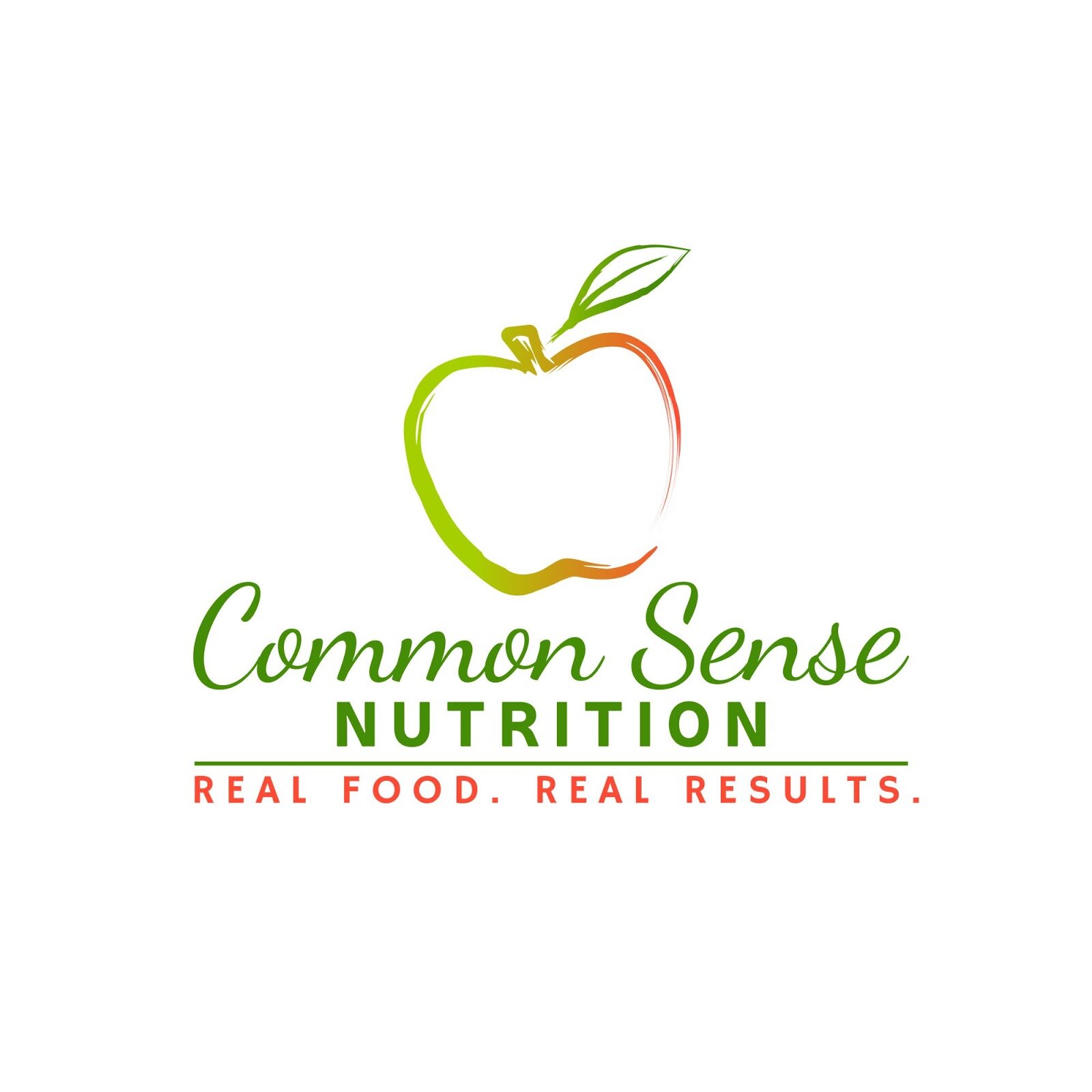Is Fish Oil Good for Brain Health?

Fish oil is made up of essential fatty acids. Anytime a nutrient is called “essential”, that means it must come from the diet. On its own, the body is not able to make the two main components of omega-3 fish oil, EPA and DHA. Fish oil is critical for good brain health at both ends of the human life cycle. In utero, a growing fetus requires fish oil for proper brain development. Later in life, fish oil protects brain health, including improving the early symptoms of Alzheimer's disease. If you suffer from brain fog, omega-3 fish oil should be an important tool in your toolbox.
As we know, the incidences of Alzheimer's disease are skyrocketing with no cure on the horizon. Both EPA and DHA help reduce inflammation throughout the body. DHA helps reduce plaque in the brain, including the hippocampus, the area of the brain associated with learning and memory. Our brains work better without plaque and inflammation obstructing blood flow and communication between neurons (Swanson, et al. 2012).
We can consume omega-3 fatty acids by eating fatty fish such as salmon, through supplementation, or a combination of both. Your cells will thank you if you do. Each cell in our body is surrounded by a membrane rich in fatty acids. The immune system response to an assault depends on the type of fat, or fatty acid, found in the cell membrane. An assault to the immune system might be an allergen, a toxin, or another pathogen of some kind. The body fights back by launching an inflammatory cascade. This is normal.
If there is plenty of EPA and DHA in the cell membrane, the immune system's response to an assault will promote healing. Chemical messengers produced from the EPA and DHA will relax blood vessels and airways and reduce inflammation. Less inflammation means less pain and better blood flow throughout the body.
In 2002 the American Heart Association published a statement asserting that EPA and DHA supplements “significantly reduced cardiac events” (Siscovick et al., 2017). This is significant because an elevated cardiovascular disease risk is associated with an elevated risk of cognitive decline and dementia (Harrison et al., 2014). Fish oil is good for both cardiovascular and brain health.
On the other hand, if we feed our body processed foods, sugar, poor-quality meats, and trans fats, our body will respond with chemical messengers that increase inflammation and pain throughout the body. These same messengers tend to reduce circulation -- a threat to both heart and brain health.
To protect your brain health and reduce those “senior moments,” be sure to include plenty of cold-water fish in your diet, such as salmon, mackerel, and trout. Supplementing with high-quality omega-3 products will also help support brain health as you age.
Sources:
Danielle Swanson, Robert Block, Shaker A. Mousa, Omega-3 Fatty Acids EPA, and DHA: Health Benefits Throughout Life, Advances in Nutrition, Volume 3, Issue 1, January 2012, Pages 1–7, https://doi.org/10.3945/an.111.000893
Harrison, S. L., Ding, J., Tang, E. Y., Siervo, M., Robinson, L., Jagger, C., & Stephan, B. C. (2014). Cardiovascular disease risk models and longitudinal changes in cognition: a systematic review. PloS one, 9(12), e114431. https://doi.org/10.1371/journal.pone.0114431
Siscovick, D. S., Barringer, T. A., Fretts, A. M., Wu, J. H., Lichtenstein, A. H., Costello, R. B., Kris-Etherton, P. M., Jacobson, T. A., Engler, M. B., Alger, H. M., Appel, L. J., Mozaffarian, D., & American Heart Association Nutrition Committee of the Council on Lifestyle and Cardiometabolic Health; Council on Epidemiology and Prevention; Council on Cardiovascular Disease in the Young; Council on Cardiovascular and Stroke Nursing; and Council on Clinical Cardiology (2017). Omega-3 Polyunsaturated Fatty Acid (Fish Oil) Supplementation and the Prevention of Clinical Cardiovascular Disease: A Science Advisory From the American Heart Association. Circulation, 135(15), e867–e884. https://doi.org/10.1161/CIR.0000000000000482
Disclaimer
The included information is not meant to or should not be used to replace or substitute medical treatment, recommendations, or the advice of your physician or health care provider. The information contained within is strictly for educational purposes and is based on evidence-based nutrition. If you believe you have a medical problem or condition, please contact your physician or healthcare provider.
